Tag: Featured
-

Highway budget cuts and sweeps in Kansas
A public interest group makes claims about Kansas roads and highways that are not supported by data. It’s not even close.
-
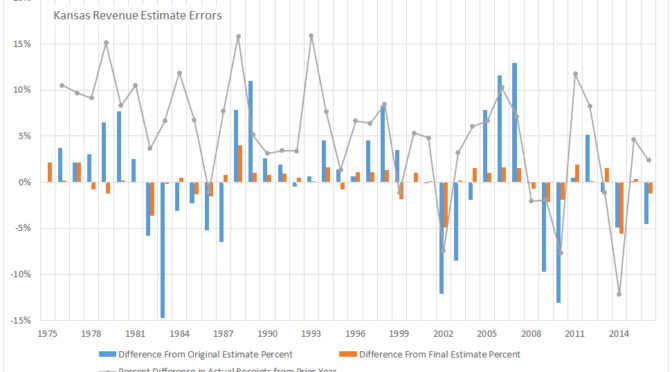
Kansas revenue estimates
Kansas revenue estimates are frequently in the news and have become a political issue. Here’s a look at them over the past decades.
-
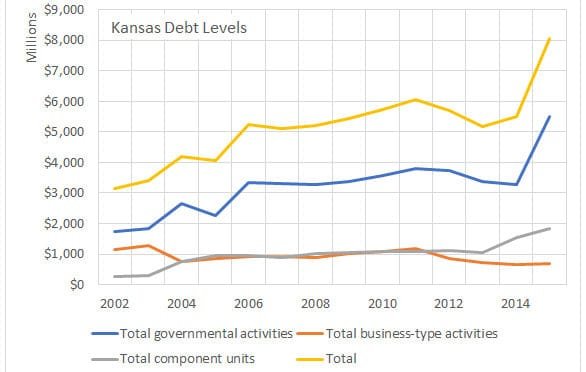
Chart of Kansas debt
A chart of Kansas debt. Source of data is Kansas Comprehensive Annual Financial Reports for years 2002 through 2015.
-
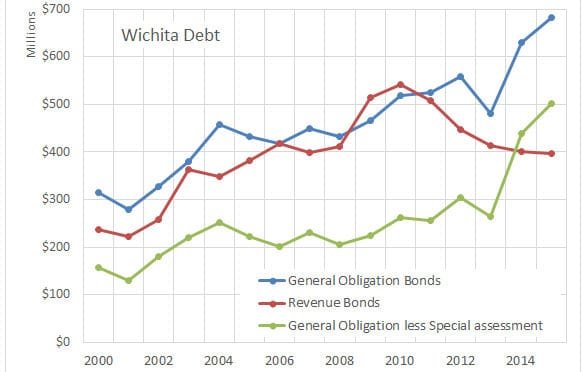
Wichita debt levels
Charts of Wichita debt. Source of data is Wichita Comprehensive Annual Financial Reports for years 2000 through 2015.
-

WichitaLiberty.TV: Keen Umbehr on criminal justice reform
Keen Umbehr is a criminal defense attorney. He talks about reforms needed in the criminal justice system.
-

During Sunshine Week, here are a few things Wichita could do
The City of Wichita says it values open and transparent government, but the city lags far behind in providing information and records to citizens.
-
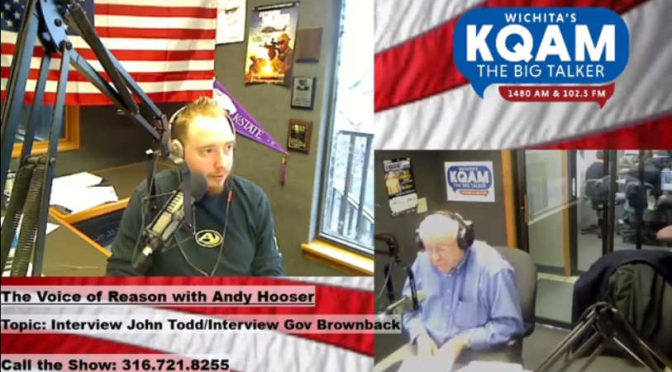
In Kansas, the war on property rights
John Todd makes an appearance on The Voice of Reason with Andy Hooser to talk about proposed legislation in Kansas that would be harmful to private property rights.
-

Kansas tax receipts
Kansas tax receipts by category, presented in an interactive visualization.
-

Kansas employment by industry
An interactive visualization of Kansas employment by industry.
-

Wichita business property taxes still high
An ongoing study reveals that generally, property taxes on commercial and industrial property in Wichita are high. In particular, taxes on commercial property in Wichita are among the highest in the nation.
-
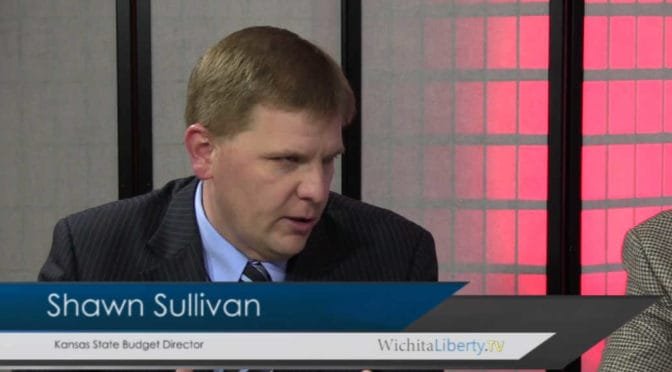
WichitaLiberty.TV: Kansas Director of Budget Shawn Sullivan
Kansas Director of Budget Shawn Sullivan joins Karl Peterjohn and Bob Weeks to explain issues related to the Kansas budget.
